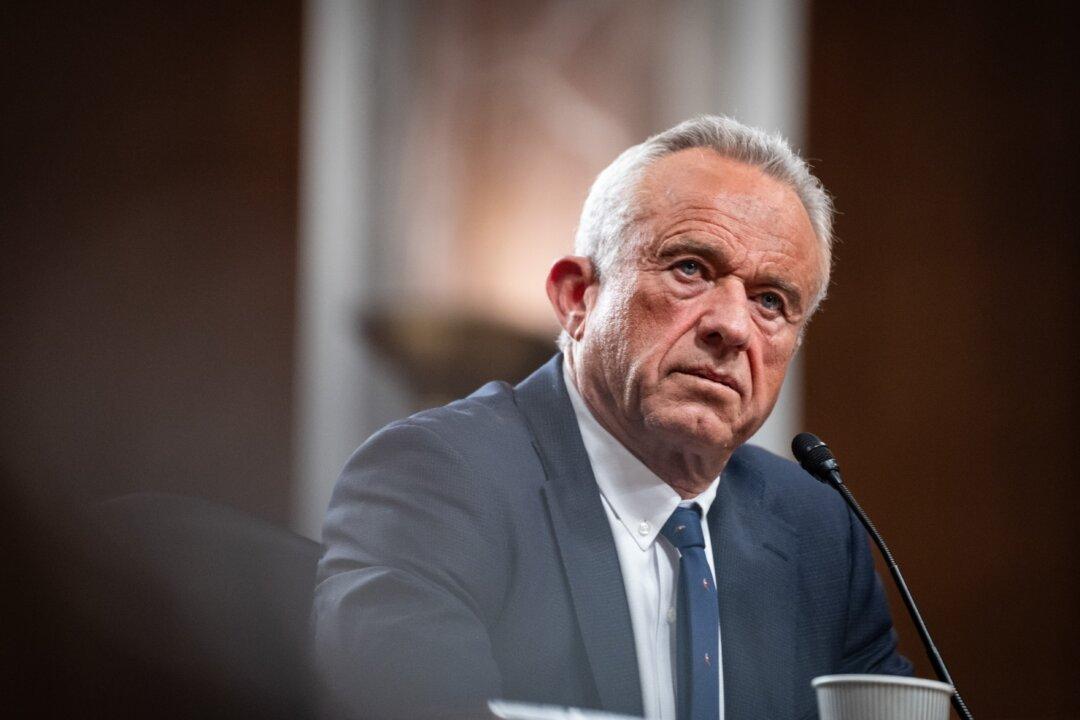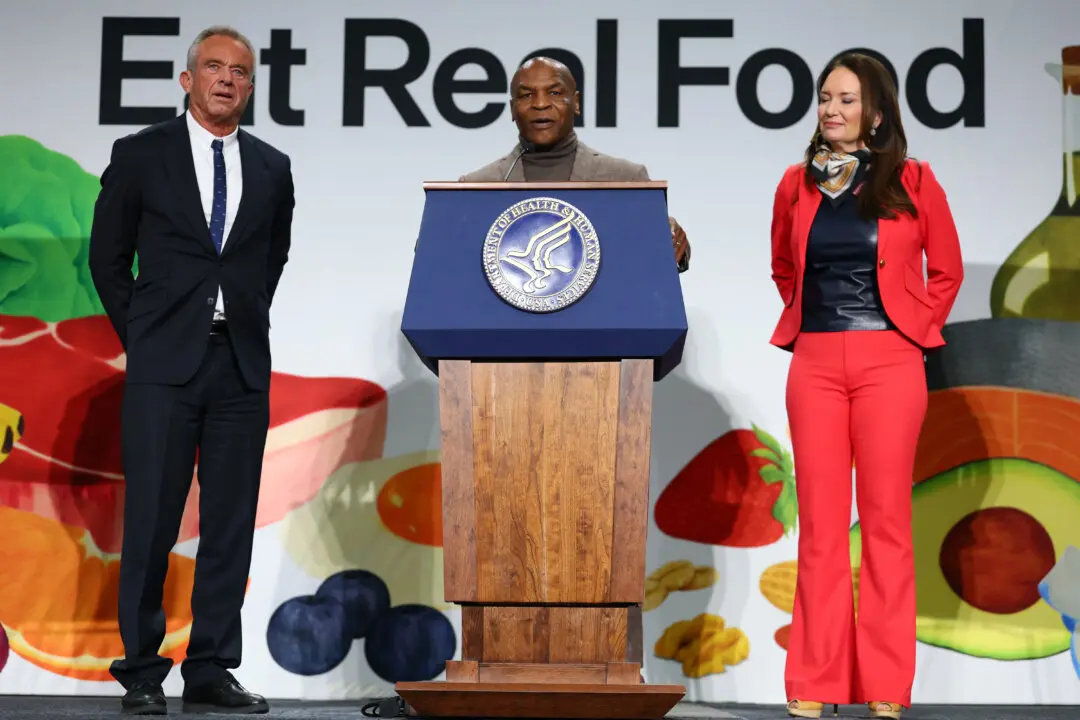Commentary
There is much to learn about the way the world works today by watching the confirmation vote on Trump’s pick of Robert F. Kennedy Jr. to head the Department of Health and Human Services. In so many ways, this is a remarkable development with a dramatic story arc, one that speaks presciently to events over the past five years and where they stand in public consciousness.





